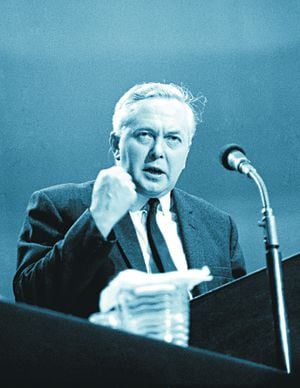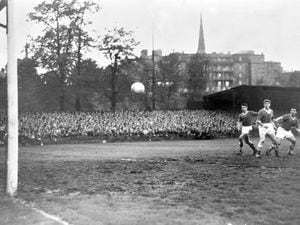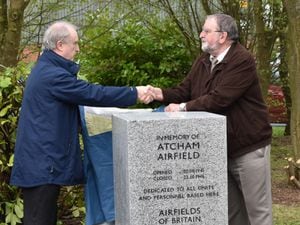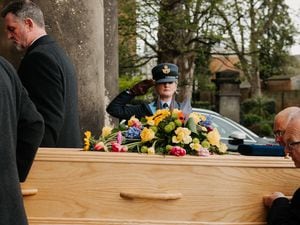Heath's big gamble ended in a cliffhanger
Who governs Britain?

It was the central question posed by Prime Minister Ted Heath as he called a general election in early 1974 amid an atmosphere of crisis with, as he saw it, the miners holding the country to ransom.
It has gone down in history as a gamble that failed. He had underestimated public sympathy for the miners. Although the election result was desperately close, and Heath's Tories actually won the greatest number of votes, it was Labour who won the most seats in Parliament - but only just.
The result fell far short of the ringing endorsement that Heath had wanted.
The outcome was followed by more drama caused by the closeness of the vote. Labour were 17 seats short of an overall majority. Ted Heath was not quitting Downing Street easily. In the days following the election, he exercised his constitutional right to seek a coalition with the Liberals as, added together, they would have had the largest number of MPs in Parliament.
There was however no meeting of minds and when the talks failed Heath left Number 10 for good, with Labour's Harold Wilson becoming the new Prime Minister.
The lead-up to the February 1974 general election was a particularly miserable period, with industrial unrest, power cuts, and economic turmoil. As if that was not bad enough, the early 1970s were some of the worst years of The Troubles in Northern Ireland, with bombing and killings which spilled over onto the mainland.
Heath had brought the Conservatives to power in June 1970 but the going soon got tough. And after that, it got even tougher.
Internationally, the 1973Yom Kippur War precipitated an oil crisis as the Arab oil-producing nations imposed an oil embargo to punish Western nations which had supported Israel in the conflict.
On the domestic front, there was turmoil. A miners' strike in early 1972 saw the Government declare a state of emergency. Floodlighting of public buildings and street advertising was banned and homes and business were hit by phased power cuts. Many folk from those times remember having to rely on candlelight as they sat in darkened homes.
The Government imposed a three-day working week and thousands of Shropshire workers were laid off.
The immediate crisis passed when the miners returned to work, but more was to come. During the winter of 1973-74 the miners staged a work-to-rule and 1974 dawned with a three-day week being imposed again to save power. Things rapidly came to a head, with the tipping point coming when the miners ramped up their industrial action to a full strike in pursuit of a pay claim.
Ted Heath had had enough and called a general election with that underlying theme of “Who governs the country?” Polling day was February 28.
The result was the first hung Parliament since 1929. Labour had 301 seats. The Conservatives had 296 seats.
For the Liberals under Jeremy Thorpe their high hopes had been bitterly disappointed. Although they had gained over six million votes, and their support had surged to almost 20 per cent of the vote, they had seen only a paltry gain of seats, ending up with just 14 MPs. However, as the dust began to settle in the immediate aftermath, it was clear that they now held the balance of power.
Over the next four days in early March the nation waited with bated breath. If the Tories and the Liberals reached agreement then, with help from Ulster Unionists if things ever came to a no confidence motion, Heath would be able to continue to govern.
When the talks broke down Heath admitted defeat.
Wilson entered Number 10 and ran a minority Government - that is, one with no overall majority.
There was to be a twist which was to see 1974 a rare beast, a year in which there were two general elections.
In October Wilson made his own gamble and went to the polls in the hope of winning an overall majority.
It worked. Labour were returned to office with a slender overall majority of three seats.
It was enough to keep Labour in power for the next five years.





